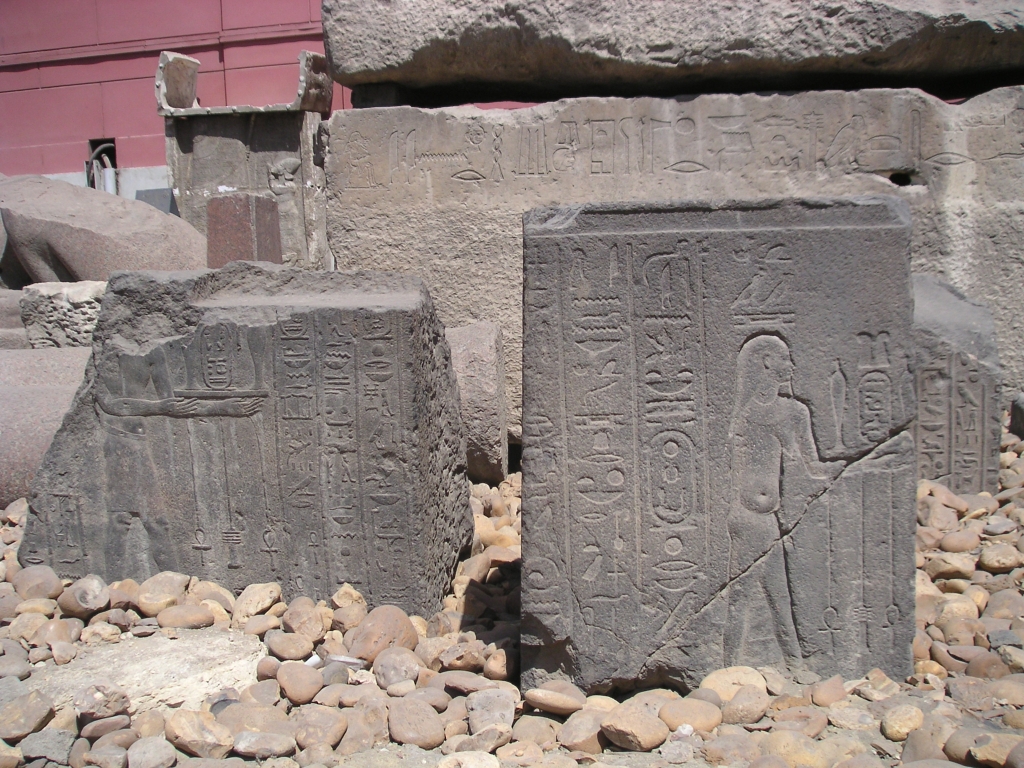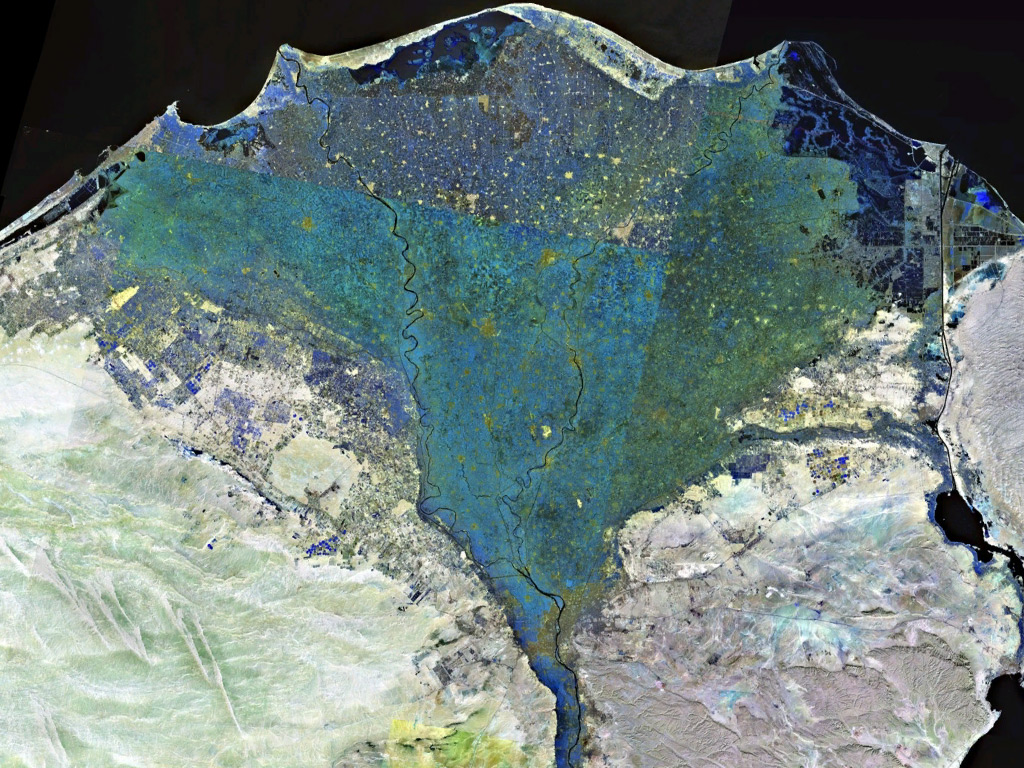|
Al-Ibshihi
Al-Ibshīhī () (1388–1448) was an Egyptian writer born in the small town in the Governorate of Gharbeya, in the Nile Delta. Works Al-Ibshīhī's best known work is the ''Kitāb al-Mustaṭraf'' more fully known as ''Mustaṭraf fī kull fann mustaẓraf'' ('A Quest for Attainment in Each Fine Art'). As characterised by the ''Encyclopædia Britannica The is a general knowledge, general-knowledge English-language encyclopaedia. It has been published by Encyclopædia Britannica, Inc. since 1768, although the company has changed ownership seven times. The 2010 version of the 15th edition, ...'', this was 'a very individual encyclopaedia ... that covered the Islamic religion, conduct, law, spiritual qualities, work, natural history, music, food, and medicine. At the turn of the Arab fortunes, al-Ibshīhī had recapitulated all that was best in their culture'.Robert L. Collison and Warren E. PreeceHistory of encyclopaedias, ''Encyclopædia Britannica''. Editions * al-Ibsh� ... [...More Info...] [...Related Items...] OR: [Wikipedia] [Google] [Baidu] |
Ibn Inabah
Ibn Inabah (''in '') with the full name of Sayyid Jamaluddin Ahmad ibn Ali ibn Hussein ibn Muhanna Hassani Husseini (''in ''), (born 748 AH, 1347 AD/CE - died 828 AH, 1425 AD/CE, at the age of 77) was a Shiite historian and genealogist. He is from the clan of Alawi Sayyids and his genealogy is related to Hasan ibn Ali through his father and to Husayn ibn Ali through his mother. He was called Ibn Inabah (''in '') because ''"Inabah Asghar"'' (''in '') was in his lineage. However, some have mistakenly called him ''Ibn Utabah'' (''in '') and ''Ibn Aqabah'' (''in ''). Although his sect has been questioned, some have accepted his Imamiyyah status and have only questioned whether he is a Zaydi or not. His most important work is "Umdat al-Talib fi Ansabi Ale Abi Talib" (''in '', ') which is written in Arabic language. In this book, ''Ibn Inabah'' describes the biography of Abu Talib ibn Abd al-Muttalib's ancestors and then his descendants. Finally, he describes in more detail the des ... [...More Info...] [...Related Items...] OR: [Wikipedia] [Google] [Baidu] |
Governorate Of Gharbeya
Gharbia ( ', , "the western governorate") is one of the governorates of Egypt. It is located in the north of the country, south of Kafr El Sheikh Governorate, and north of Monufia Governorate. Its capital is Tanta, which is 90 km north of Cairo, and 120 km south east of Alexandria. The largest city in Gharbia is El Mahalla El Kubra. The total area of Gharbia governorate is 1,942 km2. Gharbia's known history dates back to the Pharaonic era, during which its territory was part of three ancient administrative districts centered around Abu Sir, Samannud, Samannoud, and Sa El Hagar. These cities held religious and political significance in ancient Egypt: Abu Sir was a pilgrimage site, Sa El Hagar was a religious and medical hub during the early dynastic period, and also the capital of Tefnakht, who unified the Delta and Middle Egypt under his rule. It later became the center of the Twenty-fourth Dynasty of Egypt, which played a role in reuniting Egypt following fragment ... [...More Info...] [...Related Items...] OR: [Wikipedia] [Google] [Baidu] |
Nile Delta
The Nile Delta (, or simply , ) is the River delta, delta formed in Lower Egypt where the Nile River spreads out and drains into the Mediterranean Sea. It is one of the world's larger deltas—from Alexandria in the west to Port Said in the east; it covers of the Mediterranean coastline and is a rich agricultural region. From north to south the delta is approximately in length. The Delta begins slightly down-river from Cairo. Geography From north to south, the delta is approximately in length. From west to east, it covers some of coastline. The delta is sometimes divided into sections, with the Nile dividing into two main distributary, distributaries, the Damietta and the Rosetta, flowing into the Mediterranean at port cities with the same names. In the past, the delta had several distributaries, but these have been lost due to flood management, flood control, silting and changing relief. One such defunct distributary is Wadi Tumilat. The Suez Canal is east of the delta ... [...More Info...] [...Related Items...] OR: [Wikipedia] [Google] [Baidu] |
Encyclopædia Britannica
The is a general knowledge, general-knowledge English-language encyclopaedia. It has been published by Encyclopædia Britannica, Inc. since 1768, although the company has changed ownership seven times. The 2010 version of the 15th edition, which spans 32 volumes and 32,640 pages, was the last printed edition. Since 2016, it has been published exclusively as an online encyclopedia, online encyclopaedia. Printed for 244 years, the ''Britannica'' was the longest-running in-print encyclopaedia in the English language. It was first published between 1768 and 1771 in Edinburgh, Scotland, in three volumes. The encyclopaedia grew in size; the second edition was 10 volumes, and by its fourth edition (1801–1810), it had expanded to 20 volumes. Its rising stature as a scholarly work helped recruit eminent contributors, and the 9th (1875–1889) and Encyclopædia Britannica Eleventh Edition, 11th editions (1911) are landmark encyclopaedias for scholarship and literary ... [...More Info...] [...Related Items...] OR: [Wikipedia] [Google] [Baidu] |
1388 Births
Year 1388 ( MCCCLXXXVIII) was a leap year starting on Wednesday (link will display full calendar) of the Julian calendar. Events January–December * February – The entire court of Richard II of England are convicted of treason by the Merciless Parliament, under the influence of the Lords Appellant, and are all either executed or exiled. Richard II effectively becomes a puppet of the Lords Appellant. * April 9 – Battle of Näfels: Glarus, in alliance with the Old Swiss Confederacy, decisively defeat the Habsburgs, despite being outnumbered sixteen to one. * May 18 – Battle of Buyur Lake: A Chinese Ming invasion force under General Lan Yu defeats a large Mongolian army under Uskhal Khan Tögüs Temür, and captures 100 members of the Northern Yuan Dynasty. Uskhal Khan is killed whilst trying to escape, and is succeeded as Khan of Mongolia by his rival, Jorightu. The invading Chinese army destroys Karakorum, the capital of the Mongol Empire. * August ... [...More Info...] [...Related Items...] OR: [Wikipedia] [Google] [Baidu] |
1448 Deaths
Year 1448 ( MCDXLVIII) was a leap year starting on Monday of the Julian calendar. Events January–March * January 6 – Christopher of Bavaria, King of Denmark, Norway and Sweden, dies at his palace, the Kärnan, in Helsingborg (now in Sweden) with no designated heir, leaving all three kingdoms with vacant thrones. Brothers Bengt Jönsson Oxenstierna and Nils Jönsson Oxenstierna are selected to serve as co-regents of Sweden. * February 17 – The Concordat of Vienna is signed between the Holy Roman Empire (represented by the Emperor Frederick III and the Holy See. * February 23 – Petru III becomes Prince of Moldavia for a third time when Prince Roman II dies. * March 4 – The Republic of Venice offers a reward to anyone who is successful in assassinating the Albanian reble leader Skanderbeg, with a pension of 100 gold ducats per month as a reward. * March 16 – The English garrison at Le Mans in France surrenders to the Franch Army. * March ... [...More Info...] [...Related Items...] OR: [Wikipedia] [Google] [Baidu] |
14th-century Arabic-language Writers
The 14th century lasted from 1 January 1301 (represented by the Roman numerals MCCCI) to 31 December 1400 (MCD). It is estimated that the century witnessed the death of more than 45 million lives from political and natural disasters in both Europe and the Mongol Empire. West Africa experienced economic growth and prosperity. In Europe, the Black Death claimed 25 million lives wiping out one third of the European population while the Kingdom of England and the Kingdom of France fought in the protracted Hundred Years' War after the death of King Charles IV of France led to a claim to the French throne by King Edward III of England. This period is considered the height of chivalry and marks the beginning of strong separate identities for both England and France as well as the foundation of the Italian Renaissance and the Ottoman Empire. In Asia, Tamerlane (Timur), established the Timurid Empire, history's third largest empire to have been ever established by a single conqueror. S ... [...More Info...] [...Related Items...] OR: [Wikipedia] [Google] [Baidu] |
15th-century Arabic-language Writers
The 15th century was the century which spans the Julian calendar dates from 1 January 1401 (represented by the Roman numerals MCDI) to 31 December 1500 (MD). In Europe, the 15th century includes parts of the Late Middle Ages, the Early Renaissance, and the early modern period. Many technological, social and cultural developments of the 15th century can in retrospect be seen as heralding the "European miracle" of the following centuries. The architectural perspective, and the modern fields which are known today as banking and accounting were founded in Italy. The Hundred Years' War ended with a decisive French victory over the English in the Battle of Castillon. Financial troubles in England following the conflict resulted in the Wars of the Roses, a series of dynastic wars for the throne of England. The conflicts ended with the defeat of Richard III by Henry VII at the Battle of Bosworth Field, establishing the Tudor dynasty in the later part of the century. Constantinopl ... [...More Info...] [...Related Items...] OR: [Wikipedia] [Google] [Baidu] |
Egyptian Writers
This is a list of Egyptian writers. A * Abaza family * Fekry Pasha Abaza (1896–1979) * Aziz Pasha Abaza (1898–1973) * Tharwat Abaza (1927–2002) * Duaa Abdelrahman (1979–) * Abdel Rahman El Abnudi (1938–2015) * Ahmed Zaki Abu Shadi (1892–1955) * Yasser Abdel Hafez (1969– ) * Ibrahim Abdel Meguid (1946– ) * Ihsan Abdel Quddous (1919–1990) * Yahya Taher Abdullah (1938–1981) * Hamdy Abowgliel * Yusuf Abu Rayya (1955–2009) * Tatamkulu Afrika (1920–2002), also connected with South Africa * Leila Ahmed (1940– ) * Abbas Al Akkad (1889–1964) * Jamila al-'Alayili (1907–1991) * Edwar al-Kharrat (1926–2015) * Muhammad Aladdin, novelist, short story writer and script writer * Ahmed Alaidy (1974– ) * Idris Ali (1940–2010) * Karim Alrawi * Samir Amin (1931–2018) * Gaber Asfour (1944–2021) * Radwa Ashour (1946–2014) * Alaa Al Aswany (1957– ) *Abdel Rahim Ahmed B * Hala el Badry * Kerolos Bahgat * Salwa Bakr *Sherin Hanaey * Hussein Bassir, archae ... [...More Info...] [...Related Items...] OR: [Wikipedia] [Google] [Baidu] |




